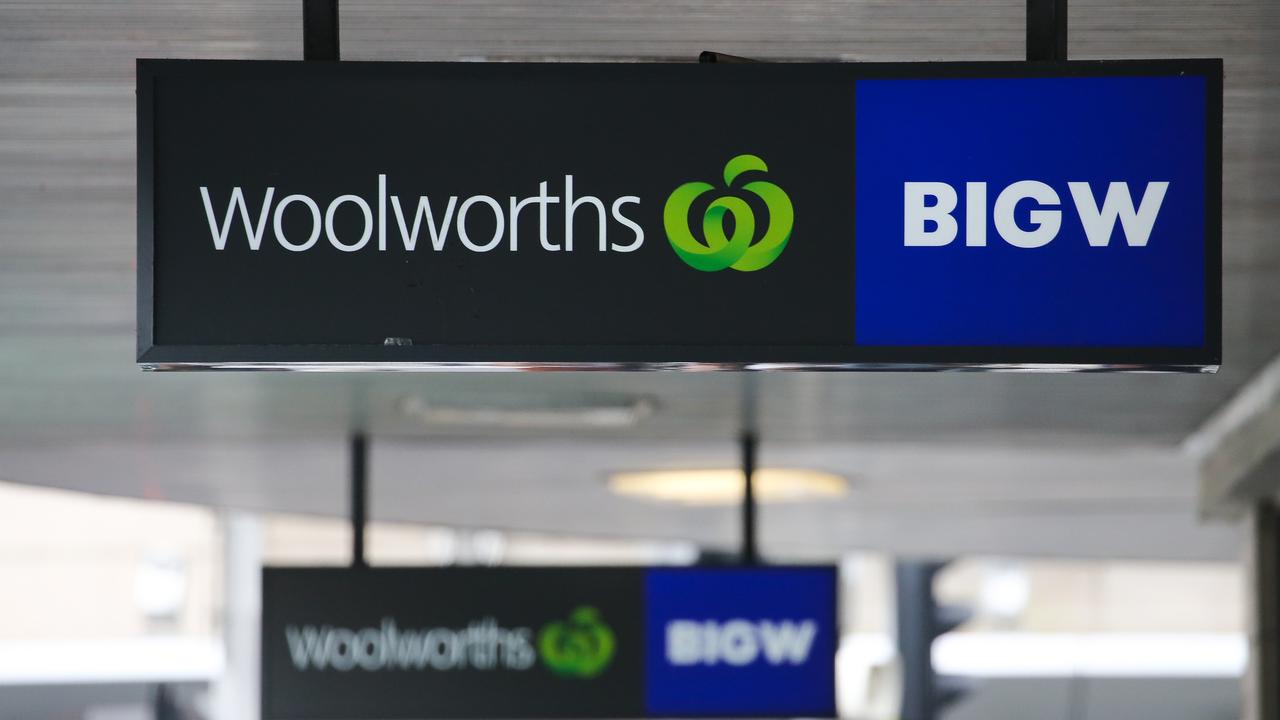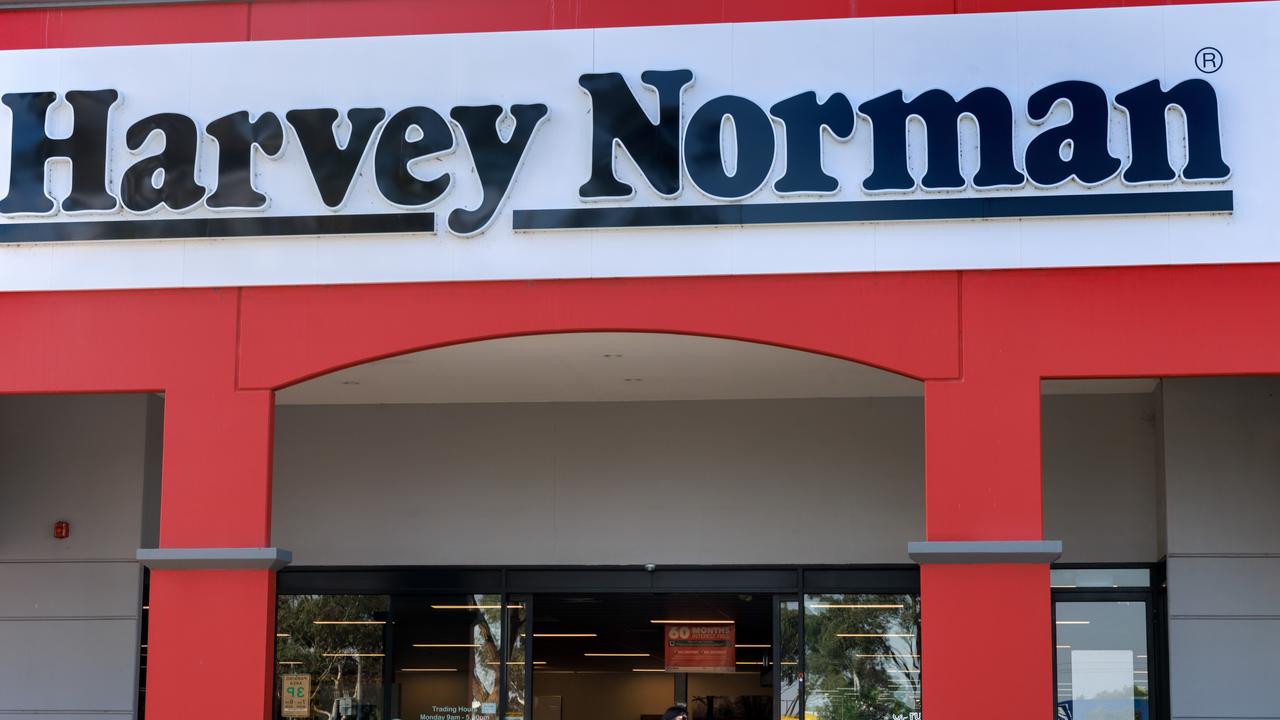99dresses founder Nikki Durkin on what it’s like when start ups fail
AT 20, Nikki Durkin had her own company, millions in funding and huge dreams, but inside things were falling apart. Here’s the dark side of the start-up scene.
OVER 90 per cent of tech start-ups fail, but I never thought my baby, 99dresses, would be one of them.
If there is one thing that doing a start-up has taught me, its that I am much more resilient than I could have ever imagined.
Looking back, when I started 99dresses fresh out of high school I was very naive and had zero idea what I was doing. In fact, I didn’t even know what a start-up was! I just knew I wanted to solve a problem I personally experienced: having a closet full of clothes but still nothing to wear.
Since then I’ve survived being stabbed in the back by cofounders, investment rounds falling through, massive technology f**kups that brought sales to a halt, visa problems, lack of money, lack of traction, lack of a team, hiring the wrong people, firing people I didn’t want to fire, lack of product-market fit, and everything else in between.
I learned so much, and yet I failed. I won many battles but I lost the war.
I take complete responsibility for this failure. Were other people involved in 99dresses? Of course. Was any of this their fault? Absolutely not.
The start-up press glorifies hardship. They glorify the Airbnbs who sold breakfast cereal to survive, and then turned their idea into a multi-billion dollar business. You rarely hear the raw stories of start-ups that persevered but ultimately failed — the emotional roller coaster of the founders, and why their start-ups didn’t work out.
Here is my contribution to the cause: my story. This is what failure feels like. I hope it helps.
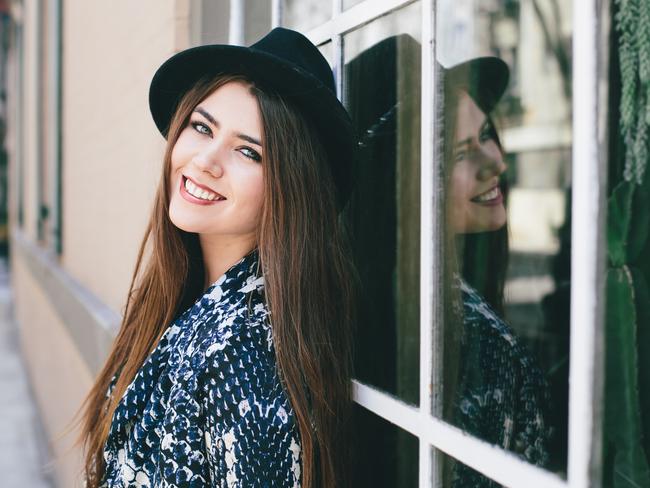
WHERE IT ALL BEGAN ...
Many start-up folk say that failure should be celebrated. “Fail fast, fail early, fail often!” they all chant, trying to put a positive spin on the most excruciating pain any founder could experience.
Let me tell you — failure f**king sucks. If I would have failed fast, early and often then I would have given up 99dresses years ago when, in 2011, I travelled to my parent’s place in the countryside of Australia, locked myself away in my room and cried for what seemed like an entire week.
I had launched 99dresses in Australia nine months earlier and received some great traction, but I was losing momentum due to technology problems that I didn’t understand and battling a whole host of other issues.
I felt like I was drowning in a black ocean, and I couldn’t see any light at the surface. I didn’t know which way to swim.
At the same time the Australian press would continue to approach me for interviews. The fact that I was a teenage girl working on a start-up in a male dominated industry seemed to garner a lot of attention, and I’d take the interviews that came my way because that was my job. It was my job to be positive and paint a happy picture for the media, who seemed to talk about me as if I was some kind of entrepreneurial wunderkind because of my age and the fact that I had breasts.
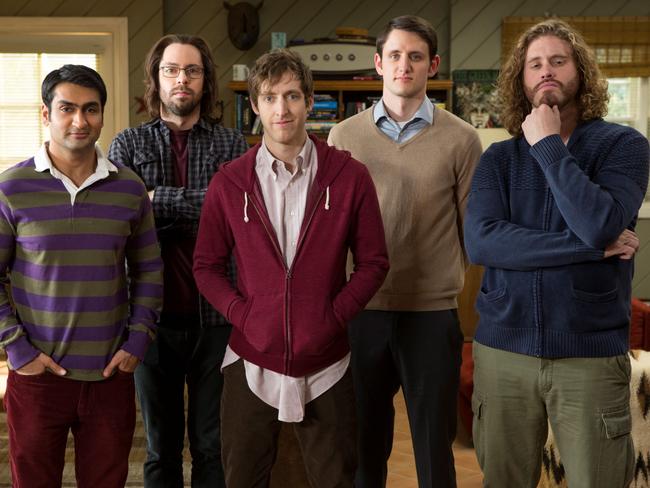
This didn’t help my impostor syndrome — the constant feeling that everybody was always giving me way too much credit. I remember one reporter saying “you must be so proud of what you have achieved” and I was completely stumped by that statement because I’d never actually thought about it. Was I proud? What had I actually achieved? We had some traction, sure, but we also had many problems that needed solving. I was just waiting for the day when everyone would figure out that I’m not that extraordinary.
I applied for a university team business planning competition with a $10,000 prize, paid a friend $500 of the prize money to be on my ‘team’ so I could qualify to enter, wrote a winning business plan and took out first place. That was enough money to buy me a plane ticket and some accommodation to the US.
I met my friend and adviser, Matt, who took me under his wing and helped me more than I could ever have hoped. My developer was admitted to hospital with a very serious illness and dropped out of the company, but I replaced him with 2 co-founders. I got into Y Combinator and headed to Silicon Valley — start-up Mecca for a starry eyed young founder like I was — for five months. We rebuilt the 99dresses product and launched it in the US. We were getting traction. I signed a $1.2 million seed round with a group of investors on a valuation cap that I honestly thought was ridiculously high.
99dresses was back, baby!
And then, all of a sudden, we weren’t. Another trip down the emotional roller-coaster
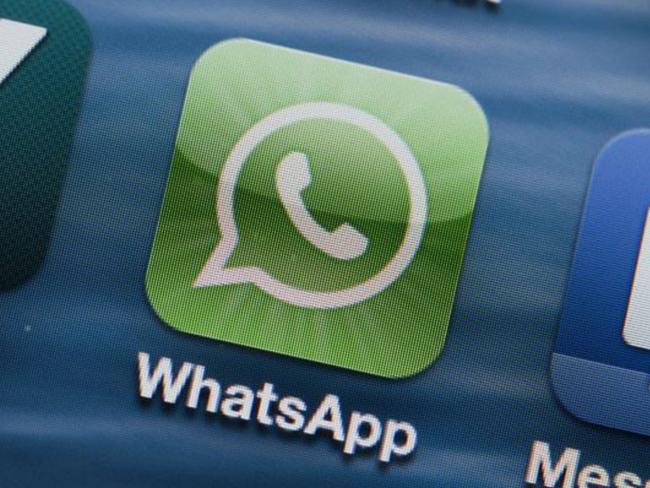
I had to fly back to Australia to get a working visa as soon as the funding paperwork was signed, and the next day my two “co-founders” decided to tell me they were leaving the company without even a hint of warning.
The US$1.2 million hadn’t hit our account yet, but even if it had I would have felt uncomfortable accepting it with no team in place to execute my vision.
The next day I rang up our lead investor who decided to pull out of the round. Then another investor fell off. Everything I worked so hard for was crumbling to pieces. I was stuck back in Australia still with a big vision, but as a single, non-tech founder with no team, no product (I needed these co-founders to keep the product running), no US visa and just some money that I’d gotten from being a YC company.

Despite all of this, there were five investors who invested in me. They believed in me when I was having trouble believing in myself, but I couldn’t show them that — that’s the cardinal sin of any entrepreneur. Always be confident. Always be smiling. Always stay positive. Sell, sell, sell!
I remember one investor sending me an email saying “Sh*t happens. Take the money and go sort it out.” Another told me to go make him some crack for women.
My capital got sliced in half, but at least I wasn’t broke again. So I closed $595k and started looking for a new co-founder. Problem was, I didn’t trust anyone. Not after what my previous co-founders had just put me through.
But then I met Marcin, who quit his corporate IT job and joined me in an office we referred to as ‘The Cave’ because it was cheap and nasty and had no natural light. We rebuilt 99dresses again and launched it in the US.
I didn’t fail then. We pivoted.
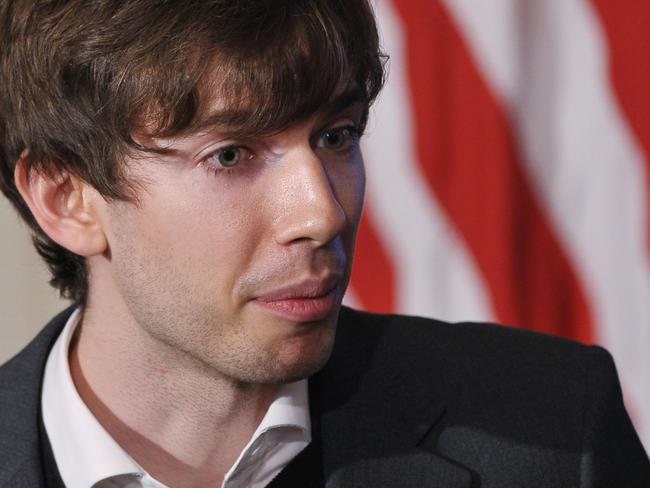
OUR BIG PIVOT
I caught a plane to the US and talked to as many women in our target market as I could. We interviewed more customers. We discovered a very clear set of problems that explained why our product just wasn’t working in the US market.
I rang up the team in Australia, and told them, quite bluntly, that we needed to chuck everything out and approach the problem from a different perspective. I presented a new idea for a product that seemed to resonate with the girls I was talking to. The team did not take it well, and I definitely communicated the change very poorly. I almost got on an early flight home because I felt a mutiny brewing — we were throwing out many months of hard work. This wasn’t my finest moment as a leader.
Despite this, the team rallied together. We threw out our website and concentrated entirely on mobile. We had a mobile website prototype in front of users within a week and iterated based on that before building out the native version.
After hiring a few people and finding an office in NYC we were ready to launch.
Our plan worked better and faster than I’d budgeted. Within three months we were doing over 1,000 trades a week, and bringing in revenue on every trade. We continued to grow.
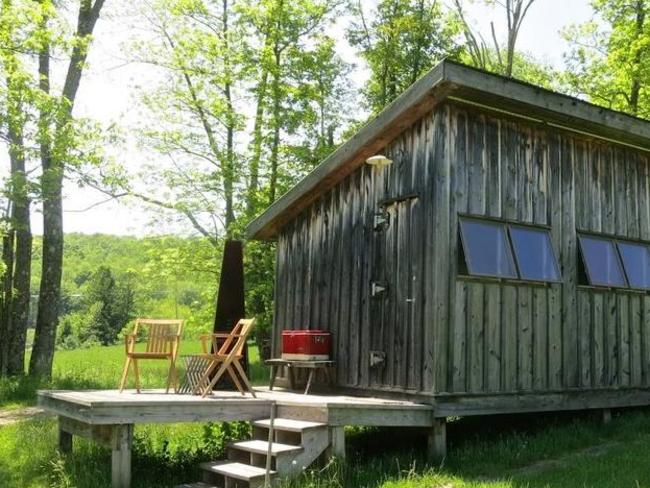
99 PROBLEMS ...
But then growth started to slow down. The average value of items listed steadily declined and our fees were based on this value, so although we were growing transaction volume our revenue wasn’t budging. We started to see some holes in the business model. Whilst our retention was great, we worried about our activation rate.

OUR LAST ATTEMPT
I didn’t tell many people about what was happening. You’re not supposed to talk about this. If someone asks how your start-up is doing, you fire off some kind of positive phrase like a reflex. My friend gave me a hug and told me to go read ‘The Hard Thing About Hard Things’ by Ben Horowitz. I bought the book and sat in a coffee shop that Saturday afternoon reading it through. I identified so much with the struggle — I’d been through it many times before whilst aboard this emotional roller-coaster.
I realised something: I was tired — physically and emotionally. I wasn’t sleeping properly. I hadn’t been on a proper holiday since our ‘schoolies’ beach celebration straight after I finished high school in 2009. The holidays I had tried to go on just ended up being long strategy sessions in my head to figure out my next move whilst lying beside a pool. All I could think about was this damn start-up and it was completely consuming me.
CLOSING DOWN
With a few weeks of cash left, Marcin and I agreed to use our remaining time to shut down the app gracefully for the sake of ourselves and the community. I came into the office that day prepared to have a hard conversation with him, but we both looked at each other and knew it was over. There were some tears, and I was grateful to have a curtain of long dark hair to hide my bloodshot eyes behind as I walked through our co-working space. I felt physically sick all day, and my stomach wouldn’t let me keep any food down. I lost my appetite for the rest of the week.
My first instinct was to apologise — to Marcin, to my team, to my investors, to the loyal community we’d built. I felt shame, guilt, embarrassment — like a shepherd who’d led her sheep off a cliff when it was my responsibility to keep them safe. I logically knew that I shouldn’t feel these things, but emotions aren’t always logical.
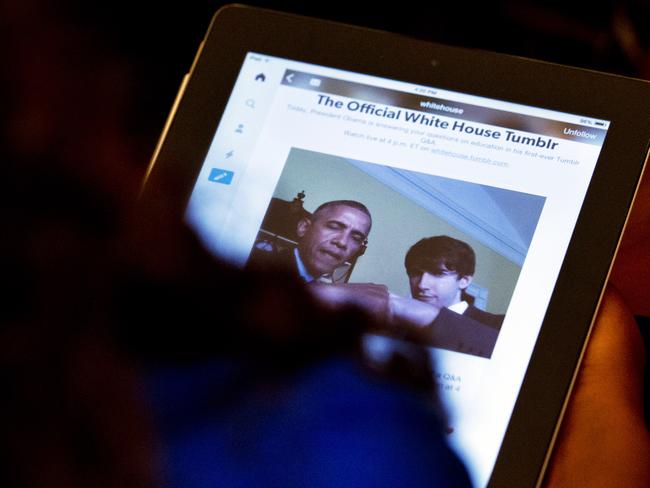
MOVING ON
So this is where the story comes to a close. My friends all ask me if I’m fine, and I honestly think that I am. It’s been a wild ride, but its time to move on.
A cruel consequence of my failure is losing the US visa I worked so hard to obtain. Once I stop being the CEO of 99dresses I technically have 10 days to sell all my possessions, pack my bags, say goodbye to my amazing team, my friends and the life I’ve been building here, and leave.
That being said, I’m excited to start a new chapter. As much as I love start-ups, its somewhat liberating to have no responsibilities to anyone but myself — no team, no investors, no customers to look after. Maybe now I can be a normal 22 year old for a while: indulge my wanderlust, make some bad decisions, try something new.
I’ll be taking some time out to recharge whilst living with my parents in a country town of 2,000 people where the internet is slow. I hope I survive. Honestly, I’ll probably get bored within a week and start working on a new idea. I already have a few.
When I started 99dresses I was going to go big or go home. It’s been a great adventure, but now I’m going home.
Nikki is now working on curating a collection of stories from founders who have failed to put in a book. If you want to get involved, contact nikki@99dresses.com or Tweet @NikkiDurkin99

